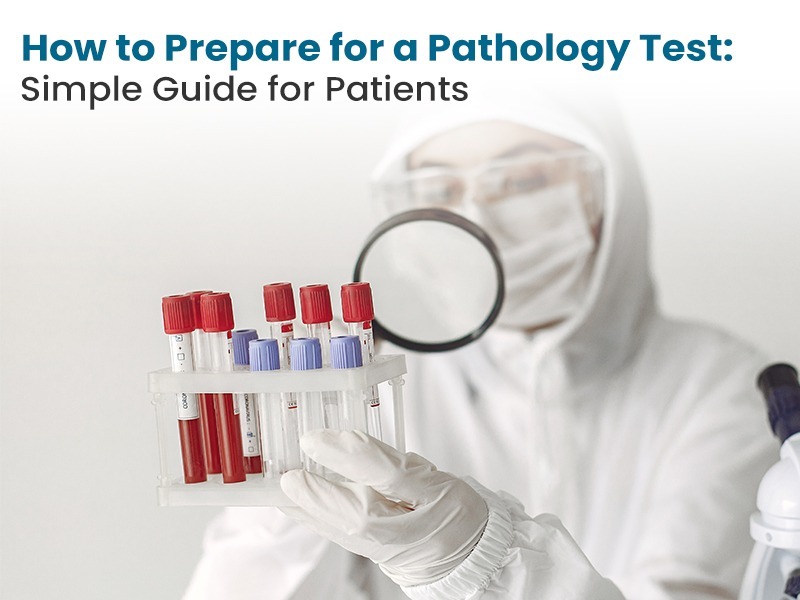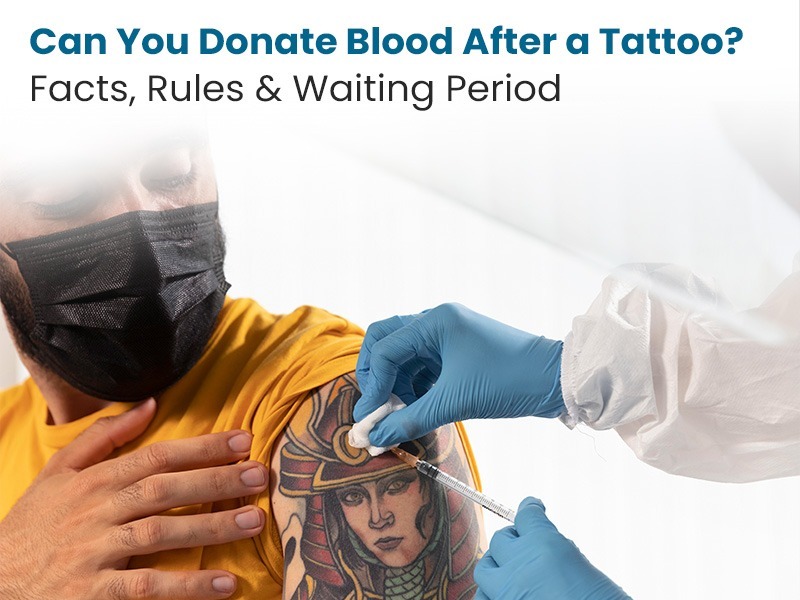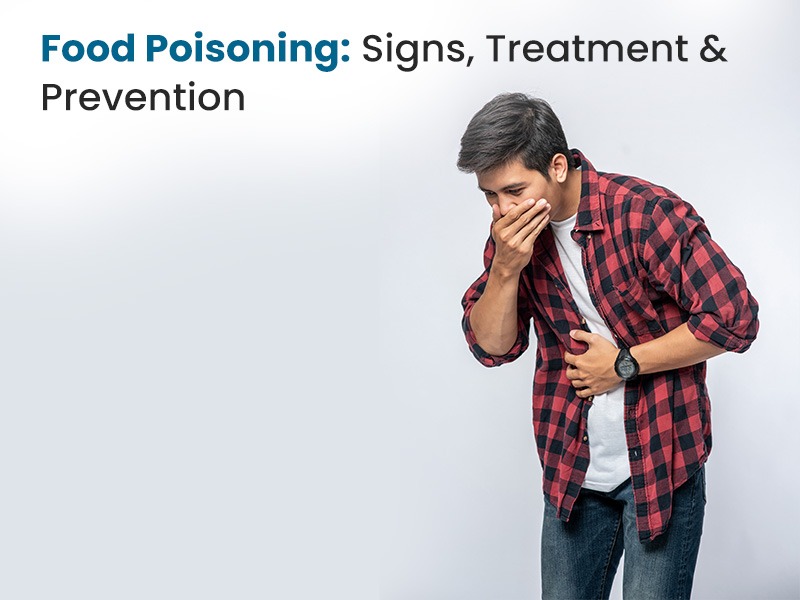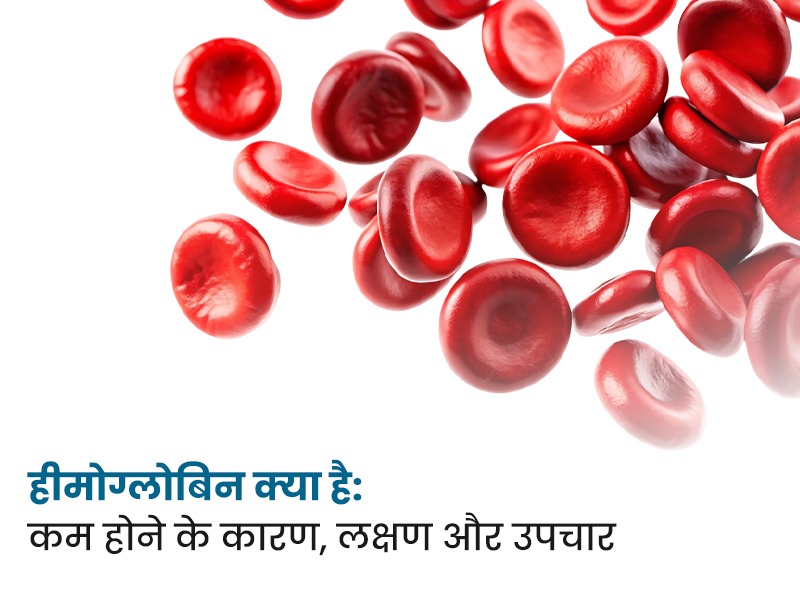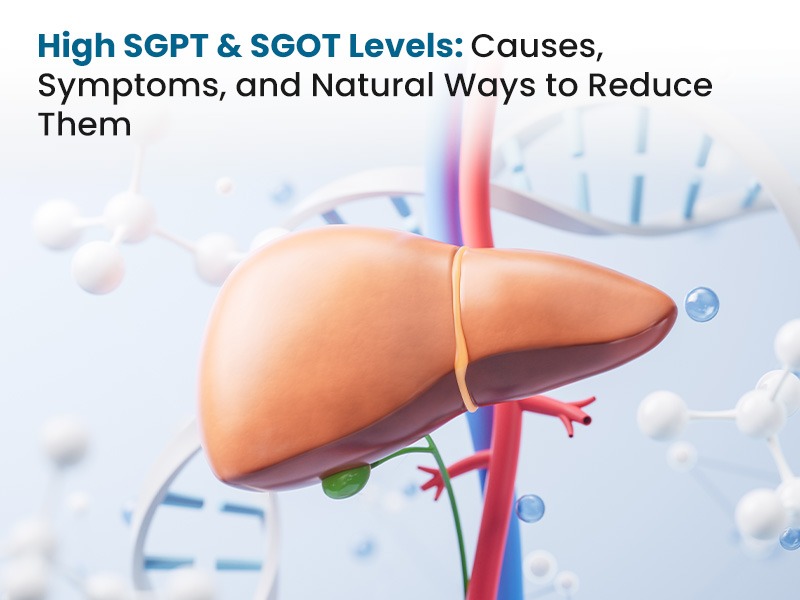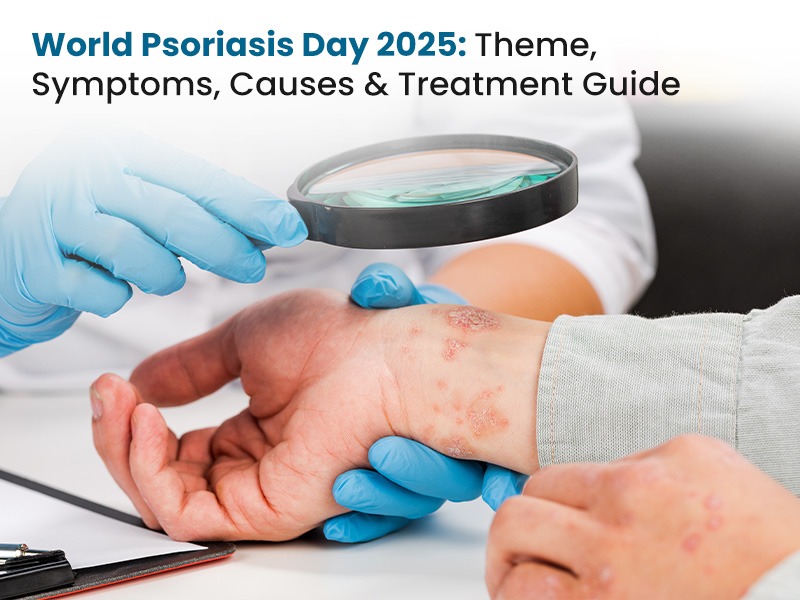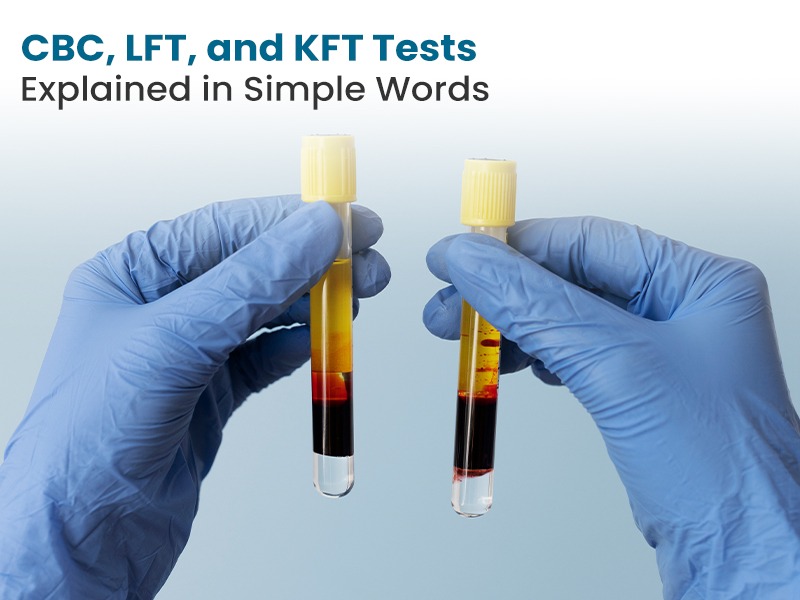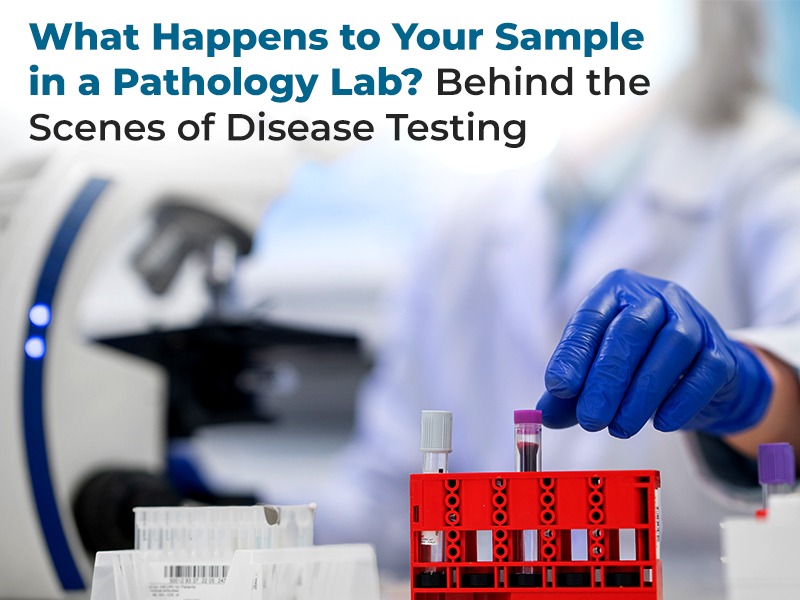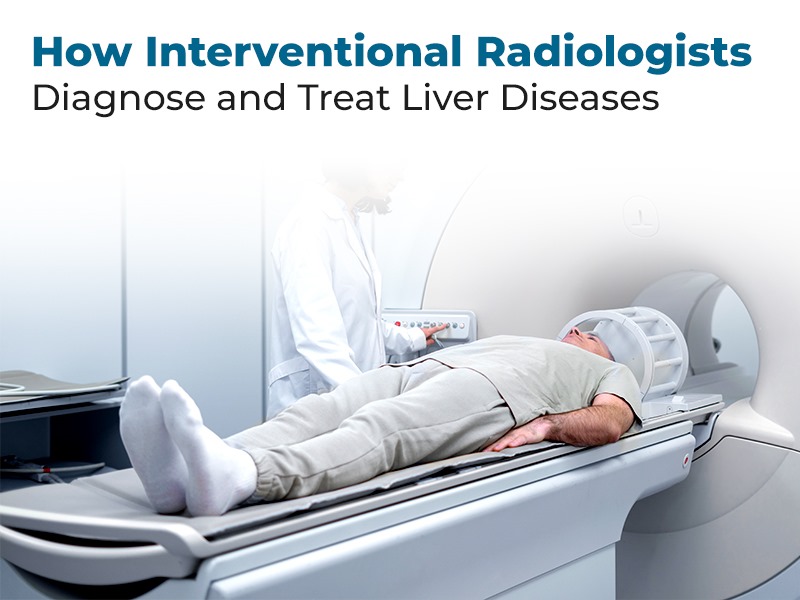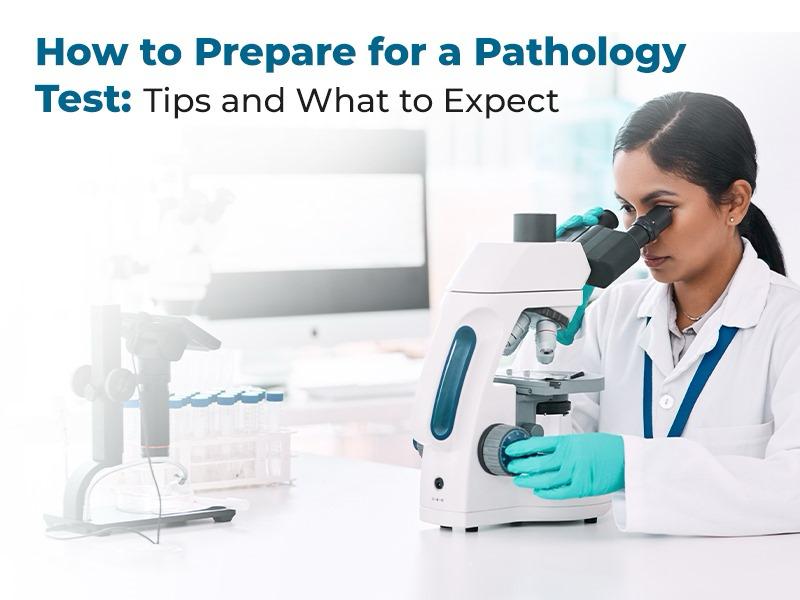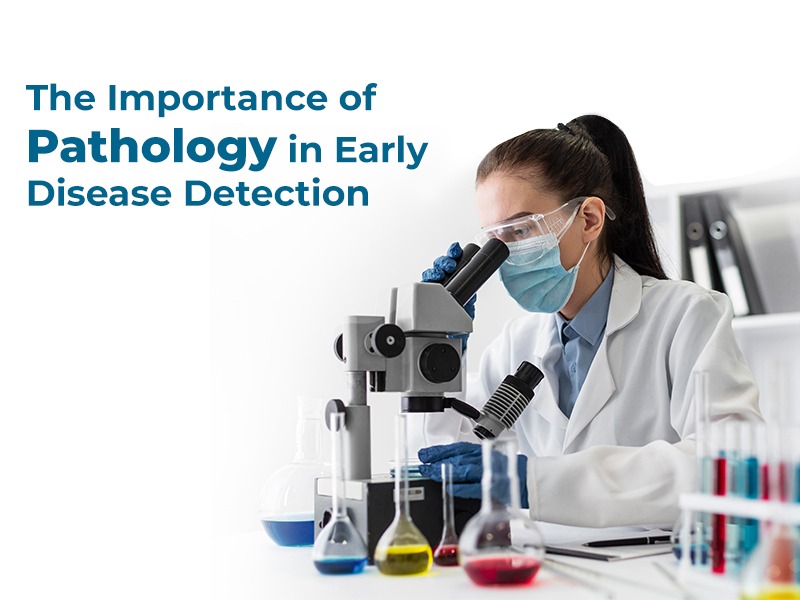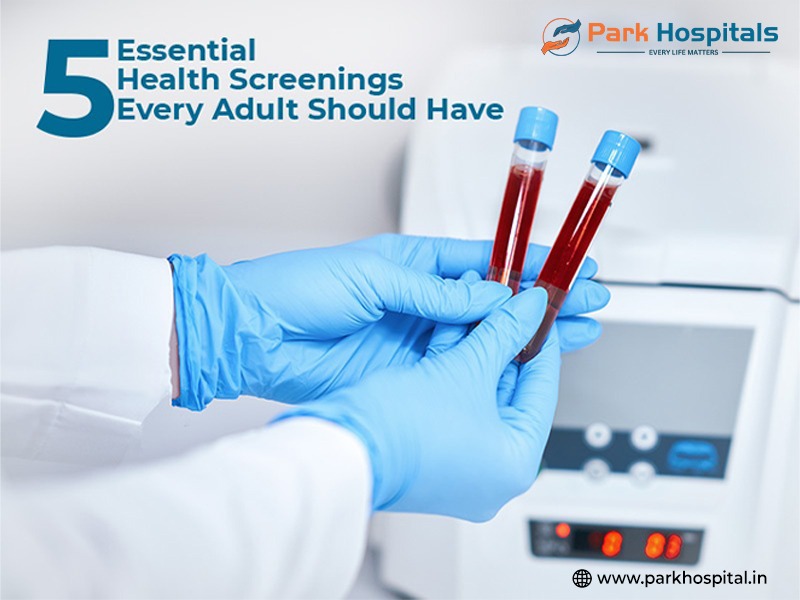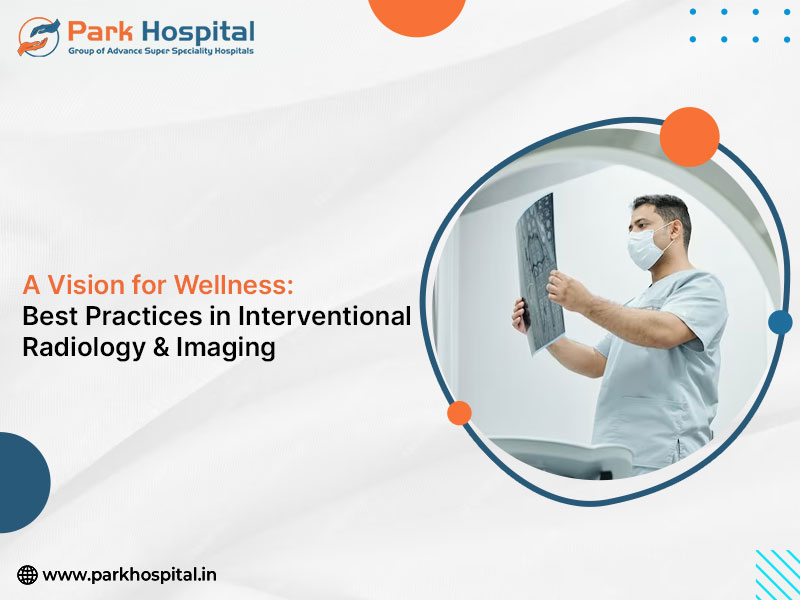Pathology doctors use certain tests to monitor health conditions, identify the source of illnesses and create efficient treatment plans. In fact, lab test results influence nearly 70% of all medical decisions. The best practice to get more accurate results is to prepare well before each test, as suggested by the physician.
So, what to do before your pathology test? Read on to learn the necessary steps to take before you visit your searched pathology lab near me to get your test completed.
Step-by-Step Preparation for a Pathology Test
Proper preparation before a pathology tests can make all the difference. Following the right steps helps ensure your results are accurate, timely and truly reflect your health status. So, here are some of the steps to help you get ready for the testing:
Step 1. Confirm the Test Requirements
Some blood tests require fasting (not eating or drinking anything except water) for 8 to 12 hours beforehand, while others do not. Check in advance with your doctor, nurse, or the laboratory staff to see if you need to stop taking your prescriptions or avoid particular meals.
Step 2. Stay Hydrated
Drink 1-2 glasses of water before you leave for the test. Good hydration makes veins easier to locate and can reduce discomfort during blood collection. Avoid caffeine, as it can constrict blood vessels and make it difficult to access veins.
Step 3. Manage Your Medications
Continue taking your routine medicines unless instructed otherwise. For diabetes medications, you might be asked to skip the morning dose before a fasting blood sugar test, but take it immediately after the test.
Step 4. Dress Comfortably and Conveniently
Wear loose clothes and short sleeves. It allows technicians to take blood samples more easily and painlessly. Remove any tight jewelry or watches from the arm where the blood is to be taken. Comfortable shoes are also advisable since you may stand in line.
Step 5. Bring the Required Paperwork
For proper record-keeping, you should bring the doctor's prescription, past medical records, a valid ID if insurance is involved, and other important health information on the test visit. You can also bring some light snacks or a fruit to eat after a fasting blood test.
Step 6. During the Test
Relax your arm and breathe calmly to make the veins more visible. You can look away if needles make you nervous. For urine samples, follow the mid-stream clean-catch technique unless the instructions say otherwise. In this technique, you have to clean your genitals, let the first urine flow into the toilet, then collect only the middle part in a sterile cup.
Step 7: Aftercare
Apply pressure on the puncture site with cotton for a couple of minutes to avoid bruising. Resume normal eating and medication unless a follow-up sample is needed. If you feel dizzy, sit down and drink water slowly.
Step 8: When to Expect Your Results
Basic tests like CBC, sugar levels and lipid panels usually return results within 6-24 hours. More complex hormone or genetic tests may take 3-7 days. Many labs now send results via email or WhatsApp for convenience.
Choose Park Hospital for Pathology Services!
Preparing well for a pathology test can improve accuracy and speed of results. Depending on your test, you may need to fast, avoid certain foods or medicines, or follow special instructions from your doctor. Arriving on time and staying hydrated also helps ensure a smooth process.
If you’re looking for a pathologist near me, choose Park Hospital for precise, timely and patient-focused testing. Book your pathology test today and get results you can trust!
Also Read About: How to Prepare for a Pathology Test: Tips and What to Expect
FAQs
1. What should I do before a blood test?
For accurate results, follow your pathology doctor's recommendations, which may include fasting or drinking a lot of water.
2. Can I take my medication before a pathology test?
Some medicines can affect the accuracy of tests, so it is important to let the testing staff know about the medicines you take regularly.
3. What should I wear for a pathology test?
Wear clothes with loose sleeves for easy arm access, avoid tight watches or bracelets and choose comfortable shoes to ensure a hassle-free visit.
4. How long do pathology test results take?
Most pathology tests are available within a day. Depending on the type of analysis or tests, the lab might take a longer time to give results.
5. Is fasting required for all blood tests?
No, fasting is only necessary for a few tests, such as the lipid profile or fasting glucose. If you need to fast for your test, your doctor will let you know.

